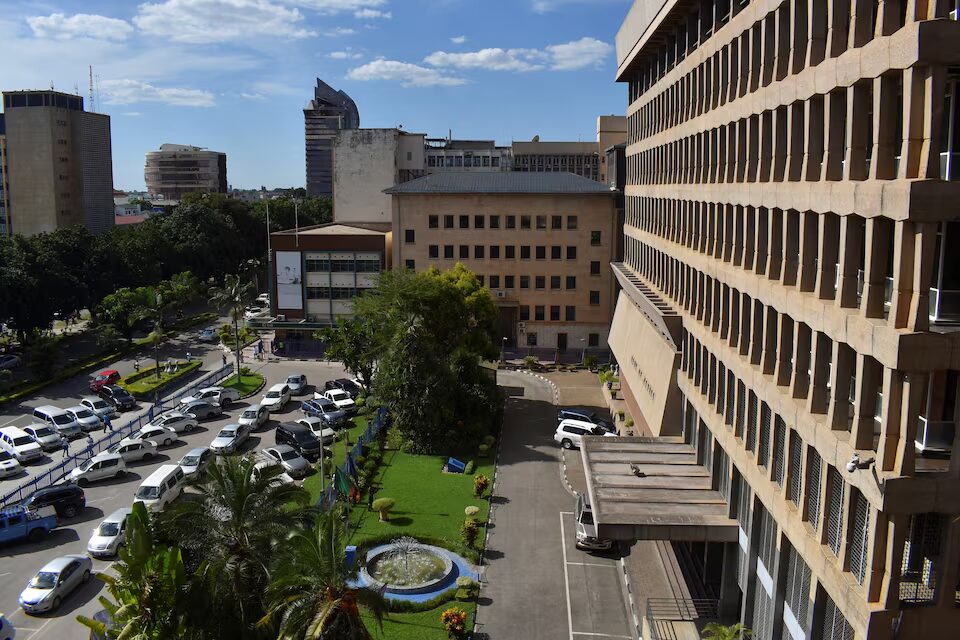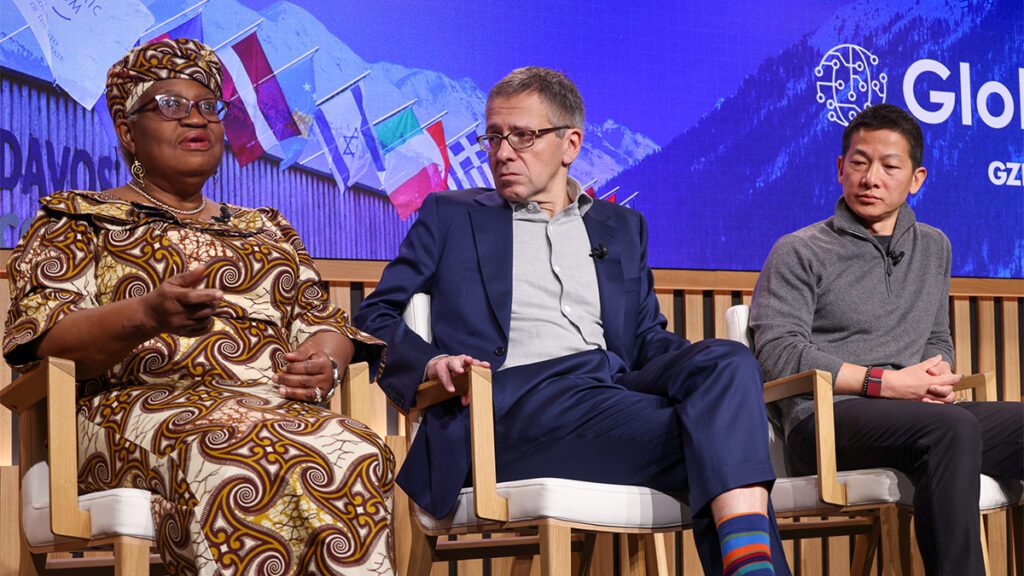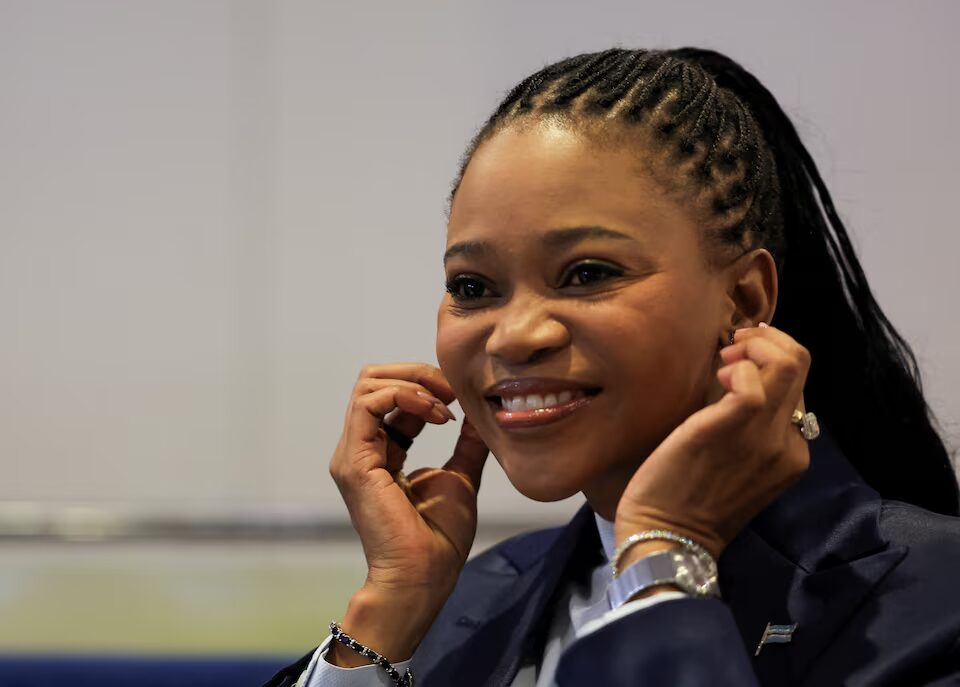
Friday, 24th January 2025

Les World Economic Forum’s (WEF) 2025 Annual Meeting, held under the theme “Collaboration for the Intelligent Age,” brought together global leaders to discuss pressing economic challenges and opportunities. Among the key speakers, WTO Director-General Ngozi Okonjo-Iweala underscored the importance of trade in navigating economic uncertainties, warning against the risks of escalating trade tensions and economic fragmentation.
Throughout her engagements with heads of state, policymakers, and business leaders, Okonjo-Iweala reinforced the critical role of the World Trade Organization (WTO) in ensuring global economic stability. She stressed that despite recent crises, trade has remained resilient and continues to be a driver of economic growth. Addressing advancements in artificial intelligence (AI) and the green economy, she highlighted the transformational potential of AI in reducing trade costs and boosting productivity, citing WTO research that projects double-digit trade growth if AI tools are widely adopted.
At an event on January 21, titled “Finding Growth in Uncertain Times,” Okonjo-Iweala discussed the necessity of reducing trade barriers and embracing innovation to sustain economic expansion. She cautioned against trade fragmentation, presenting WTO simulations that show fragmentation into two geopolitical trading blocs could result in a 6.4% loss in global GDP—equivalent to eliminating the combined economies of Japan and South Korea.
During a session on January 22, titled “Squaring the Climate-Trade Circle,” she emphasized the indispensable role of trade in environmental sustainability, arguing that clean energy technology adoption depends on open and efficient trade channels. She further proposed that countries should align their production and exports with their environmental comparative advantage to reduce carbon emissions and drive sustainable growth.
On January 23, Okonjo-Iweala participated in a town hall discussion on tariffs alongside Valdis Dombrovskis, European Commissioner for Economy and Productivity. She cautioned against the widespread use of tariffs as a protectionist measure, citing historical examples such as the 1930s global trade collapse, when retaliatory tariffs worsened the economic downturn. She warned that if the world returned to similar policies, it could lead to double-digit GDP losses globally, with the poorest nations suffering the most.
On January 24, she attended a ministerial gathering on WTO issues hosted by Guy Parmelin, Swiss Federal Councillor and Head of the Department of Economic Affairs, Education, and Research. Ministers discussed the future of the WTO and initial plans for the 14th WTO Ministerial Conference, scheduled for March 2026 in Yaoundé, Cameroon. Okonjo-Iweala urged WTO members to move beyond entrenched positions and commit to institutional reform, stating that “The context is changing, we must deliver, and we must modernize.”
The ministerial discussions reaffirmed the importance of a rules-based, transparent, and predictable multilateral trading system, with leaders recognizing the WTO’s role in stabilizing the global economy, fostering investment, and navigating the complexities of AI, climate change, and trade policy.
As the world grapples with uncertain economic conditions, shifting geopolitical alliances, and technological disruptions, Okonjo-Iweala’s message at WEF 2025 emphasized the need for collaborative, forward-thinking trade policies to drive inclusive growth and global stability.


